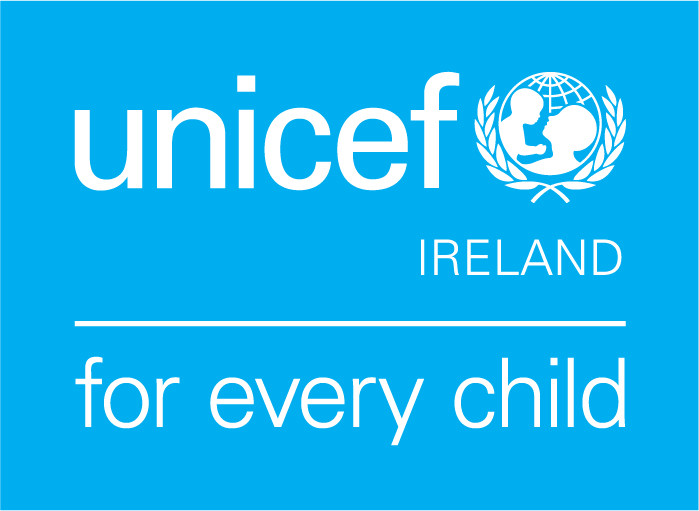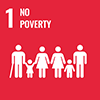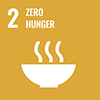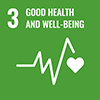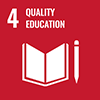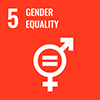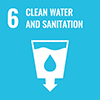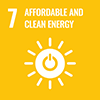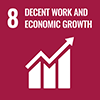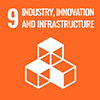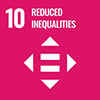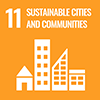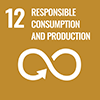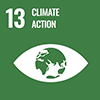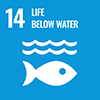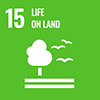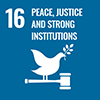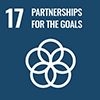UNICEF
BACKGROUND
UNICEF was founded in December 1946. The mission of the United Nations International Children's Emergency Fund, as it was then known, was to provide short-term relief to children in post-World War II Europe.
Today UNICEF works in some of the world's toughest places, to reach the world's most disadvantaged children. To save their lives. To defend their rights. To help them fulfill their potential. Before, during and after humanitarian emergencies, UNICEF is on the ground, bringing lifesaving help and hope to children and families.
Development education is an important part of UNICEFs advocacy work.
CURRENT PROJECTS
UNICEF's programmes aims to foster youth participation in achieving the Sustainable Development Goals (SDGs) by providing them with the skills, knowledge and platforms to do their own activism and advocacy.
To achieve this UNICEF, develops online resources and delivers training to engage young people in activism, advocacy, and awareness raising on the Goals.
The World's Largest Lesson is an annual global lesson to teach people about the SDGs and includes videos and lesson plans.
In 2019, to coincide with the 30th anniversary of the UN Convention on the Rights of the Child, UNICEF developed resources and opportunities for young people to understand the goals from a child rights perspective.
UNICEF also runs an awards programme for Rights Respecting Schools, to encourage schools not just to teach students about children's rights but also to embed them in the everyday ethos of the school. This programme runs in post primary schools and is currently being piloted in seven primary schools.
UNICEF's Children Uprooted lesson plans are designed for primary and secondary students to raise awareness of children and refugee rights and include teacher guidance. The lessons begin with the 'Journey' and the root causes of migration and move on to sharing stories with children who have arrived in Ireland. The lessons conclude with 'My Voice' where pupils themselves are encouraged to act and lend their voice to the issues they face.
Activism kits and other resources are available at www.unicef.ie/schools
UNICEF also hosts youth forums, consultations and connects young people to international fora to ensure they contribute to discussions at a national, EU and International level
- Sectors:
- Primary
- Post Primary
